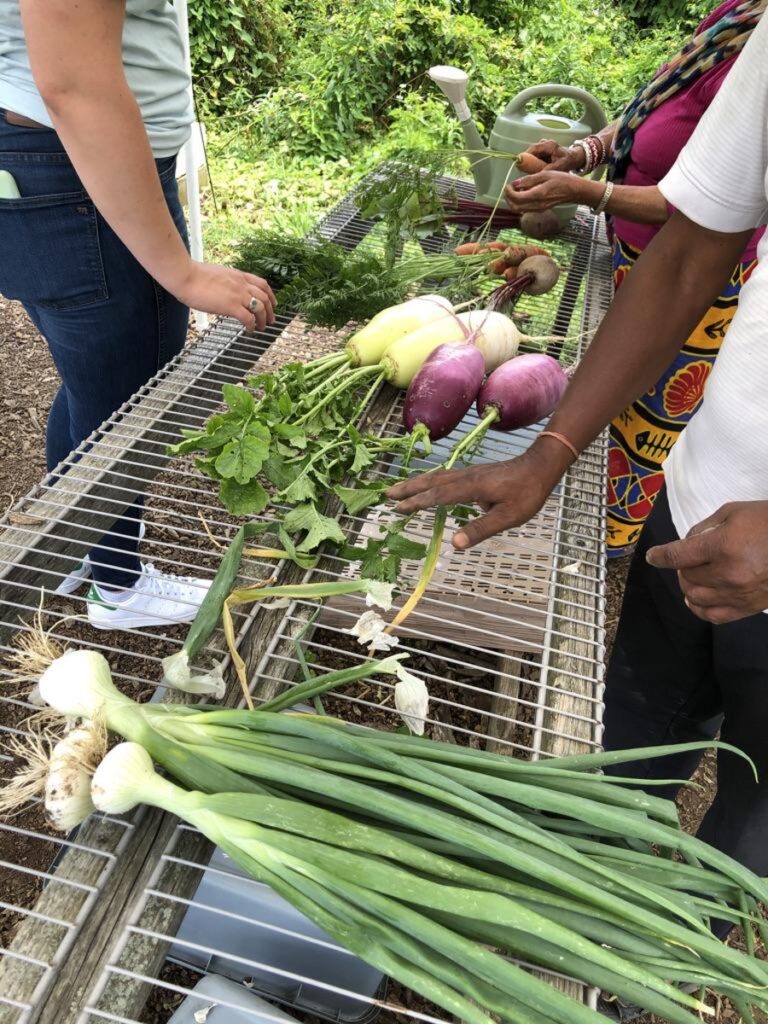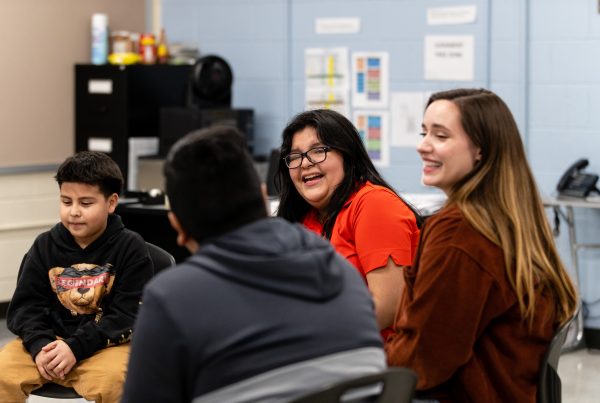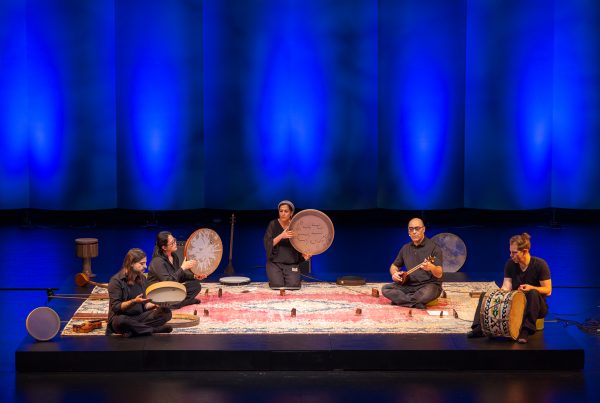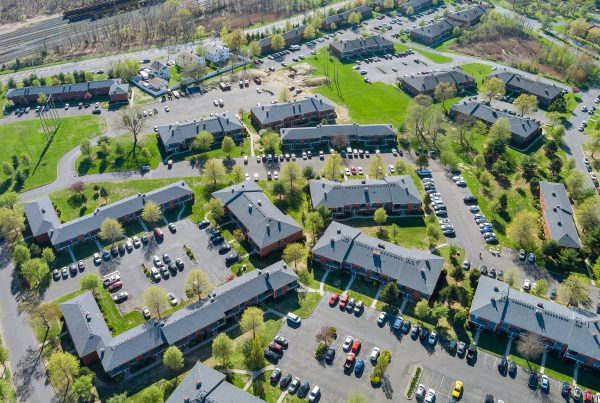The Growing Together farm contains numerous different fruits and vegetables grown by partner farmers.
Growing Together Nashville is a local organization making a big difference for immigrant families. A part of the Nashville Food Project’s market garden program, Growing Together partners with people from agrarian backgrounds making an impact that goes far beyond their large garden.
The Nashville Food Project started as the Nashville arm of Mobile Loaves & Fishes in 2009. Volunteers from Bartholomew’s Episcopal Church delivered meals to homeless camps. Two years later, they planted their first garden on the campus of Woodmont Christian Church. For two years, the garden assisted in providing food to be delivered to people in need including 19,000 meals to displaced residents and relief workers after the 2010 Nashville flood.
In September 2011, The Nashville Food Project incorporated as an independent nonprofit, and today, farmers from Bhutan, Burma, and other areas are able to grow produce to sell as partners of Growing Together. These farmers are usually older and have experience growing produce in their home countries. The organization provides them with tools, land, and seeds needed to farm the produce they desire. The amount of time farmers put into their produce varies, but the typical second-year farmer spends between 5 to 6 hours a week tending to their crops. Once they are ready for harvest, the produce is gathered to be sold in the Nashville Farmers Market or to local restaurants through Nashville Grown .
The produce sales are a source of empowerment for individual farmers and the refugee community. The sales provide supplemental income, allowing older refugees to contribute to their families using skills they have developed over a lifetime in their home countries. This allows for a much more natural transition to life in America where language and cultural barriers limit the ability of former household providers to find a role.
The food also allows refugee families to cook and enjoy traditional dishes they love. Typically, items provided by food banks are canned or highly processed. These foods are typically not well-liked by refugee families. However, through Growing Together Nashville, families can get fresh produce grown by farmers. Many of the fruits and vegetables grown by the farmers are not easily found in United States grocery stores. Growing Together Nashville makes it easier for refugee families to find food they enjoy while creating a way for them to feel more at home by cooking familiar dishes.

Chandra Poudel is one of the farmers working with Growing Together Nashville. Originally from Bhutan, Chandra first learned about the program through an English class. The opportunity to continue putting his skills to use filled him with excitement. He was a farmer in Bhutan and had worked in agriculture his entire life. He had never imagined that he would have the opportunity to farm again in the United States. He has now been working with Growing Together since 2016. He spends two hours every morning and two hours in the evening tending to his plants.
When asked about the impact the program has had on his life, Chandra said, “Joining Growing Together has been changing, I feel I can do something for myself and also can help my children too. I’m physically and mentally healthy. If I had not joined GTN I may have had to deal with some medical conditions.” He says that he is filled with pride when he receives a check after selling his organic vegetables. Growing Together has also been a learning experience for Chandra. Through interacting with program workers, he has been able to learn about American agriculture while sharing about traditional techniques from his home. He has loved the interaction with Growing Together, lauding the respect and kindness he has experienced.
Growing Together Nashville has undoubtedly made a lasting mark on many members of the refugee community and hopes to continue its work in the coming years by building new relationships and partnerships with other refugee-focused organizations like NICE.





